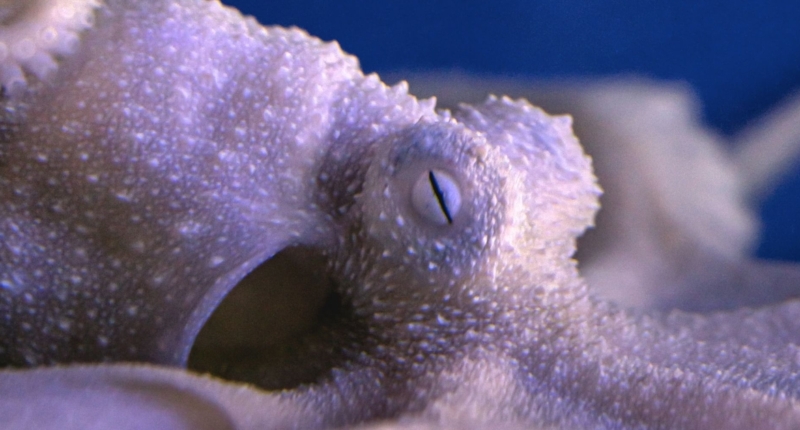Animals feel disgust like humans, triggered by sensory cues that prompt them to avoid contact with parasites, toxins, and pathogens. Researchers at the University of Hong Kong have studied disgust-related avoidance behaviours in 37 animal species. Different species exhibit different levels of disgust, and understanding these behaviours has potential applications in wildlife conservation and management. Disgust in animals can be used to formulate strategies, such as tweaking the environment to make it less appealing to pests. Host-parasite interactions are important to study, as toxins, parasites, and pathogens can have detrimental effects on an animal’s fitness and cause death over long periods. Extreme behavioural adaptations, such as the sea slug Elysia atroviridis decapitating itself and growing a new body when infected, have evolved to escape parasites.
Animals, like humans, experience disgust which plays a crucial role in their survival. Disgust is an adaptive mechanism that helps animals avoid parasites, toxins, and pathogens in their environment. Sensory cues trigger disgust, leading to behavioural, cognitive, and physiological responses. A study by researchers at the University of Hong Kong examined disgust-related avoidance behaviours in 37 animal species, including the often-overlooked octopus.
Disgust in animals varies based on their social systems and environments. Solitary animals, such as octopi, are less adapted to recognize and avoid disease risk, while more social animals, such as penguins, are more likely to recognize and avoid sick individuals. However, social animals may be more tolerant of sick individuals for survival purposes. Understanding disgust-related behaviours in animals can have applications in wildlife conservation and management, such as tweaking environments to make them less appealing to pests.
Toxins, parasites, and pathogens can have detrimental effects on an animal’s fitness and can cause death over long periods, making host-parasite interactions important to study. Animals have evolved extreme behavioural adaptations to escape parasites, such as the sea slug Elysia atroviridis, which decapitates itself and grows a new body when infected. Disgust-related behaviours in animals can be used to formulate conservation and management strategies.
Don’t miss interesting posts on Famousbio
